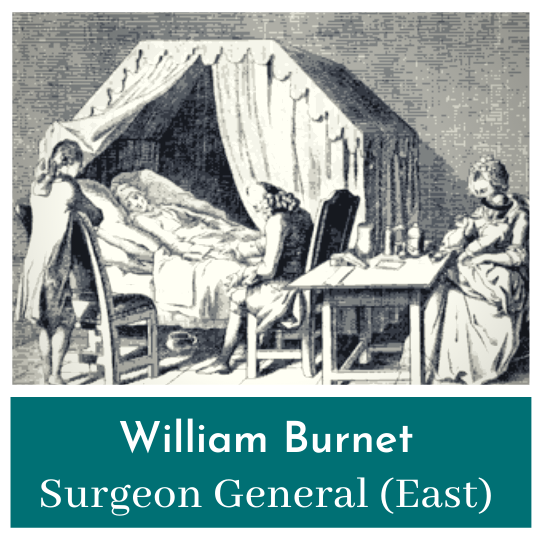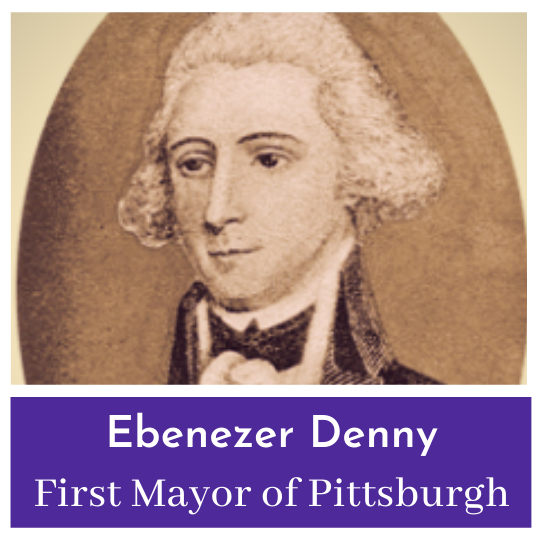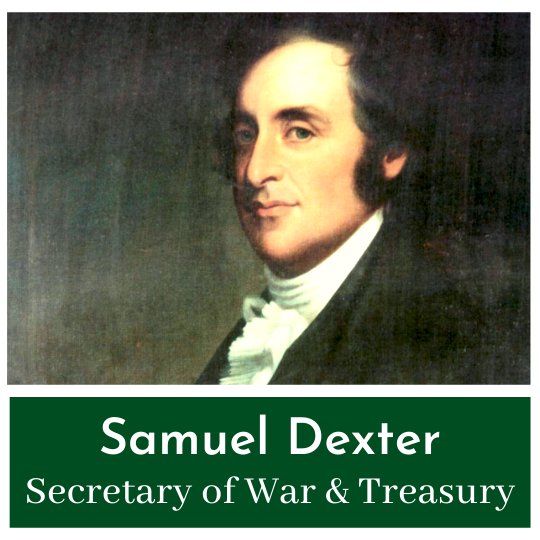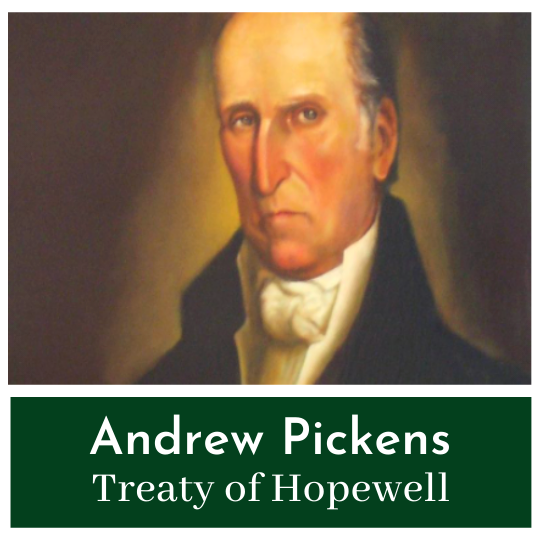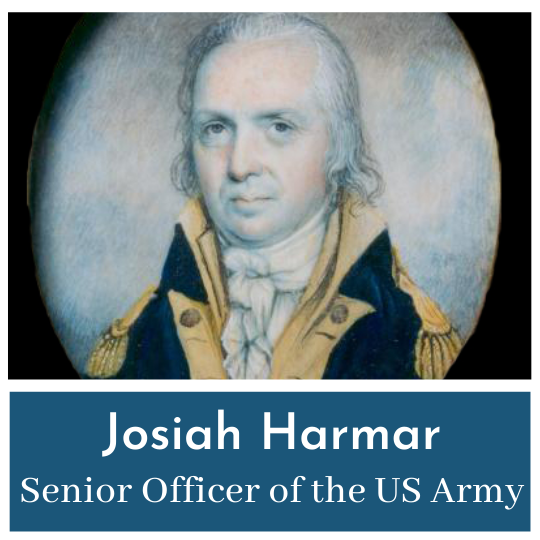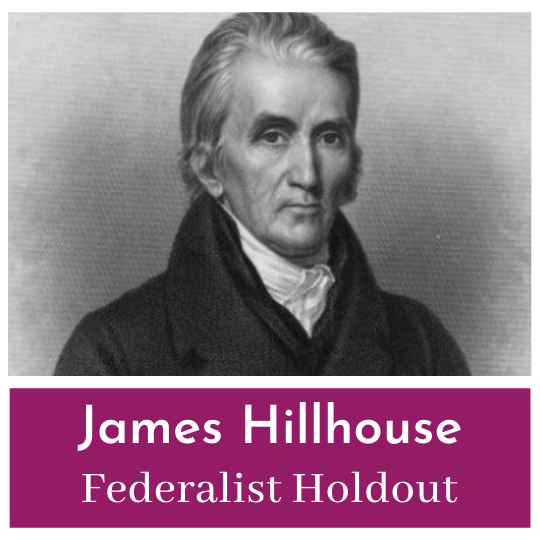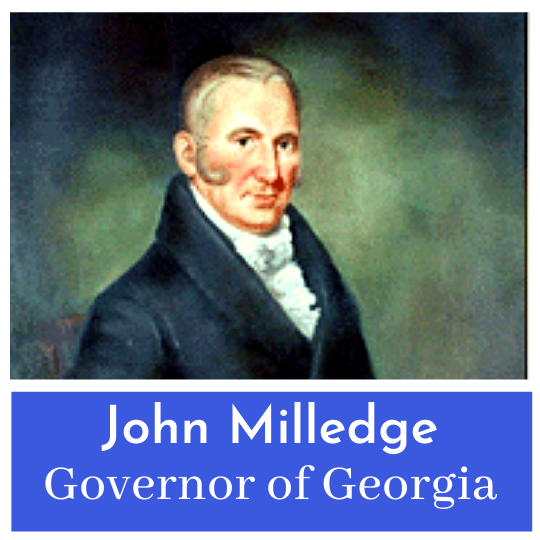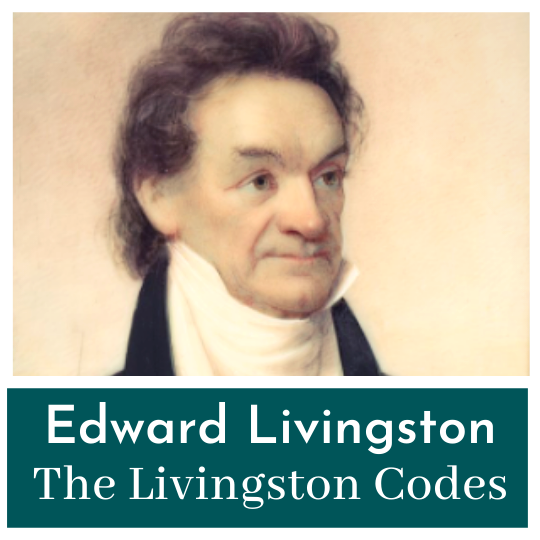Often cast in the shadow of his younger brother, John, Woodbury Langdon participated in the early development in the State of New Hampshire.
All in Bios
John Haring and The Orangetown Resolutions
After authoring the Orangetown Resolutions, Haring was a Delegate to the First Continental Congress.
William Williams Supports A Religious Test
William Williams was a signer of the Declaration of Independence.
William Burnet Heals Continental Veterans
William Burnet was a physician who dedicated a substantial amount of his money and time to build a hospital for Continental Army veterans.
Elias Boudinot Signs The Preliminary Articles of Peace
Elias Boudinot was a President of the Continental Congress.
Isaac Smith - Partisan Politics in Early New Jersey
Isaac Smith spent two decades on the New Jersey Supreme Court before getting caught up in the difficult politics of Jeffersonian Era.
Mary Katherine Goddard Reveals the Signers of the Declaration
Mary Katherine Goddard published the ‘Goddard Broadsides’ which was the first to reveal the names of the signers of the Declaration of Independence.
Timothy Pickering Serves at the Pleasure of the President
Timothy Pickering held cabinet positions in both the Washington and Adams Administrations.
The First Mayor of Pittsburgh - War Documenter Ebenezer Denny
Ebenezer Denny became the first Mayor of Pittsburgh after keeping war journals which provide valuable insight into the early American military.
'Light Horse Harry Lee' Quells The Whiskey Rebels
Henry Lee III was an important cavalry leader in the Continental Army who went on to become Governor of Virginia.
Samuel Dexter Runs Half The Cabinet
Samuel Dexter was both Secretary of War and Treasury during the John Adams Administration.
Interrogated By A Predecessor - Attorney General Levi Lincoln, Sr.
Levi Lincoln, Sr. was Attorney General during the first term of Thomas Jefferson’s Administration.
Peter Silvester Educates a President
Peter Silvester was an inaugural member of the US House of Representatives before educating future President Martin van Buren.
The Wizard Owl of Hopewell - Andrew Pickens
Andrew Pickens was an Officer in the Revolutionary War who went on to host peace negotiations with Native American Nations.
Josiah Harmar’s Defeat - Embarrassing the Senior Officer of the US Army
Josiah Harmar was the Senior Officer of the United State Army at the onset of the Northwest Indian War.
Representing Long Island - William Floyd's Revolution
William Floyd was a signer of the Declaration of Independence whose family suffered greatly when the British took Long Island.
James Hillhouse Declines With The Federalist Party
James Hillhouse was a long time US Senator and one of the last holdouts of the Federalist Party.
Hamilton's Estranged Older Brother - Peter Lavien
Peter Lavien was the older estranged half-brother of Alexander Hamilton.
John Milledge Becomes The Most Powerful Man in Georgia
John Milledge fought in the American Revolution, served as Governor of Georgia and was President Pro Tempore of the US Senate.
Early American Prison Reform - Edward Livingston's Codes
Edward Livingston was a US Secretary of State and author of the Livingston Codes.



